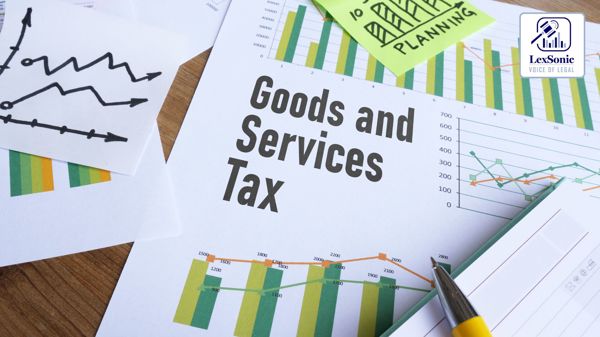Court Reprimands GST Officer for Procedural Lapses in Tax Demand Case.
In a recent decision on December 26, 2023, the High Court addressed significant procedural issues in the enforcement of tax demands under the Central Goods and Services Tax Act, 2017 (CGST Act). The court set aside an order made under Section 73 of the Act, which had imposed a substantial tax liability and penalty on the Petitioner. This ruling underscores the importance of procedural fairness in tax adjudications and the right of taxpayers to a comprehensive review of their submissions.
Background:
The Petitioner in this case was subject to a Show Cause Notice (SCN) dated September 25, 2023, proposing a demand of ?20,07,15,517. This SCN was issued under Section 73 of the CGST Act, addressing alleged discrepancies related to Input Tax Credit (ITC) claims. The SCN included several charges: excess ITC claims, under-declaration of ineligible ITC, and issues related to ITC from cancelled dealers and non-payers.
In response, the Petitioner submitted a detailed reply on October 19, 2023, addressing each of the issues raised in the SCN. However, the subsequent order dated December 26, 2023, confirmed the demand and imposed penalties, which led to the Petitioner challenging the order in court.

Key Issues Raised by the Petitioner:
The Petitioner’s primary contention was that the adjudicating officer’s order failed to consider the detailed and well-supported reply submitted by the Petitioner. They argued that the order was cryptic and lacked a meaningful engagement with the arguments and documents provided. The Petitioner also highlighted that the officer had not sought any further clarifications or documents from them, which was a procedural lapse.
Court’s Analysis and Findings:
The High Court found that the adjudicating officer had indeed failed to engage substantively with the Petitioner’s detailed reply. The court emphasized that the officer’s order, which dismissed the reply as incomplete and unsatisfactory without proper consideration, did not adhere to the principles of procedural fairness mandated by the CGST Act.
According to the court, the officer’s approach was flawed for several reasons:
1. Failure to Review Submissions: The order did not adequately review or respond to the detailed arguments and evidence provided by the Petitioner.
2. No Request for Clarifications: The officer did not request additional information or documents from the Petitioner, despite finding the initial reply lacking.
3. Cryptic Justifications: The order’s brief and non-specific reasons for rejecting the Petitioner’s arguments were insufficient and failed to meet the legal standards for a reasoned decision.
Implications of the Judgment:
The court’s ruling serves as a reminder of the procedural safeguards designed to ensure fairness in tax adjudications. Key takeaways from the judgment include adjudicating officers are required to consider all relevant arguments and evidence submitted by the taxpayer. A decision that merely dismisses a detailed reply as inadequate, without engaging with its merits, is insufficient. The tax authorities must follow fair procedures, which include giving taxpayers an opportunity to provide further clarifications if their initial reply is found lacking. The court affirmed the taxpayer’s right to a fair hearing, which includes the opportunity to clarify and supplement their submissions before a final order is made. Further, the High Court set aside the December 26 order and remitted the matter for re-adjudication. The court directed the adjudicating officer to:
- Specify the additional information or documents required from the Petitioner.
- Provide the Petitioner an opportunity for a personal hearing.
- Issue a new, reasoned order in accordance with the principles of the CGST Act.
Conclusion
This case highlights the judicial oversight on the procedural conduct of tax authorities under the CGST Act. It reaffirms the necessity for tax officers to engage with all arguments and evidence provided by taxpayers and to ensure that adjudications are fair and well-reasoned. The decision also underscores the importance of upholding procedural fairness in the enforcement of tax laws, which is crucial for maintaining trust and accountability in the tax administration process.
CENTRAL GOODS AND SERVICES TAX ACT, 2017
